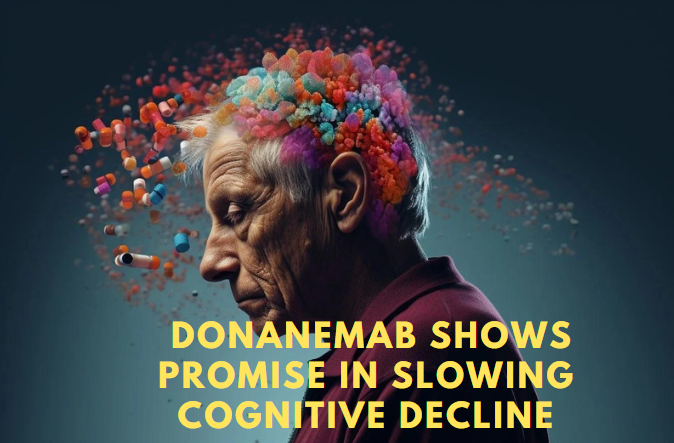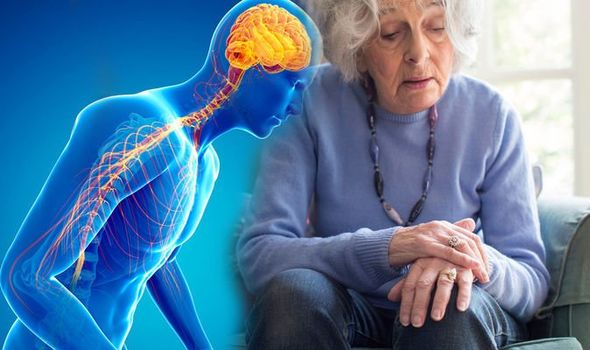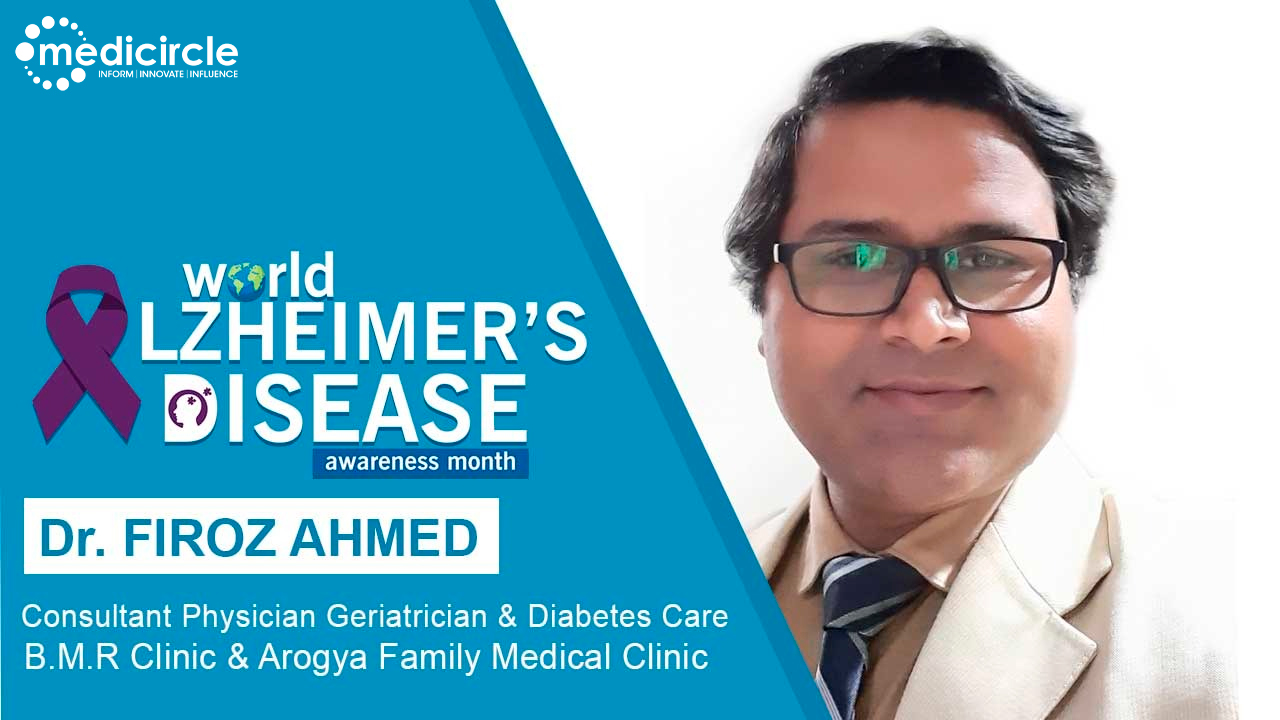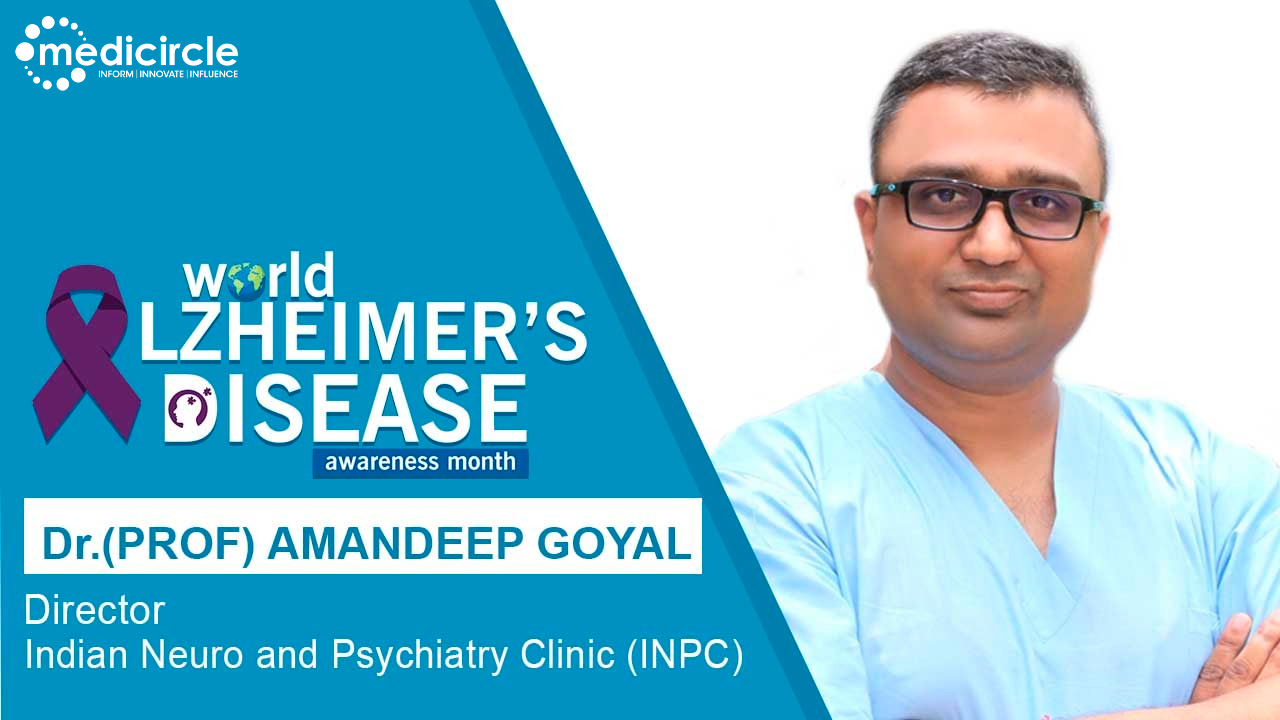Ageing is a natural process that affects every individual differently. While some people age gracefully with few health issues, others experience a rapid decline in their health. Recent studies on animals, like mice, have shown that ageing can vary not only between individuals but also among different organs within the same individual. This intriguing discovery has led researchers to explore whether similar patterns exist in humans. A peer-reviewed study published in the Nature journal has now shed light on this phenomenon, offering new insights into disease prediction and the effects of ageing on specific organs.
Understanding Organ Ageing
The study analyzed blood plasma proteins associated with specific organs in 5,676 adults from various age groups. By using advanced machine learning models, researchers were able to identify significant differences in the ageing processes of 11 major organs, including the heart, kidneys, liver, and lungs. This groundbreaking method provides a deeper understanding of how different organs age and the potential health risks associated with accelerated ageing in specific organs.
Accelerated Ageing in Humans
One of the most surprising findings from the study was that nearly 20 percent of participants showed signs of accelerated ageing in at least one organ. Additionally, 1.7 percent of the individuals were classified as multi-organ agers, meaning that multiple organs in their bodies were ageing faster than normal. This accelerated ageing was linked to a 20-50 percent higher mortality risk, demonstrating a clear connection between specific organ diseases and faster ageing.
The Impact of Accelerated Heart Ageing
The heart is one of the most vital organs in the human body, and its health is crucial for overall well-being. The study found that accelerated heart ageing significantly increased the risk of heart failure by a staggering 250 percent. This means that individuals whose hearts age faster are much more likely to develop severe heart conditions compared to those with normal heart ageing. Understanding this link can help in early detection and prevention of heart-related diseases, potentially saving many lives.
Brain and Vascular Ageing: Predicting Alzheimer’s
Another critical finding from the study was the correlation between accelerated brain and vascular ageing and the progression of Alzheimer’s disease. The researchers discovered that these ageing patterns could predict Alzheimer’s progression as effectively as current biomarkers. This revelation is particularly important because it opens up new avenues for early diagnosis and treatment of Alzheimer’s, a disease that affects millions of people worldwide.
Implications for Disease Prediction and Treatment
The study's findings have significant implications for the future of medical research and healthcare. By understanding how different organs age and identifying individuals at risk of accelerated ageing, doctors can develop personalized treatment plans to manage and prevent age-related diseases. This approach could lead to more effective healthcare strategies, ultimately improving the quality of life for many people.
The Role of Machine Learning in Medical Research
One of the key elements of this study was the use of machine learning models to analyze the vast amounts of data collected from the participants. Machine learning allowed the researchers to identify complex patterns and correlations that would have been difficult to detect using traditional methods. This technology is revolutionizing medical research by enabling scientists to process and interpret large datasets quickly and accurately, leading to faster and more reliable results.
The Importance of Regular Health Check-Ups
Given the study’s findings, it is crucial for individuals to undergo regular health check-ups. Early detection of accelerated organ ageing can significantly improve the chances of successful treatment and prevention of severe diseases. Regular monitoring of blood plasma proteins and other biomarkers can provide valuable insights into an individual's health status and help doctors make informed decisions about their care.
Lifestyle Factors and Healthy Ageing
While genetics play a significant role in how we age, lifestyle factors are equally important. Maintaining a healthy diet, exercising regularly, avoiding smoking and excessive alcohol consumption, and managing stress can all contribute to healthier ageing. By adopting these habits, individuals can reduce their risk of accelerated ageing and improve their overall health.
The Future of Ageing Research
The study published in Nature is just the beginning of a new era in ageing research. As scientists continue to explore the mechanisms behind organ ageing, we can expect to see even more breakthroughs in the field. Future research will likely focus on developing targeted therapies to slow down or reverse the ageing process in specific organs, potentially extending healthy life expectancy and improving the quality of life for many people.
The recent study on organ ageing highlights the complex and varied nature of the ageing process in humans. By revealing the significant differences in how our organs age and the health risks associated with accelerated ageing, this research provides valuable insights that can transform healthcare and disease prevention strategies. Understanding the link between specific organ diseases and faster ageing can help medical professionals develop personalized treatment plans, leading to better health outcomes.

 The study found significant variations in how different organs age. Eleven major organs, including the heart, kidneys, liver, and lungs, were analyzed for their ageing processes using blood plasma proteins and machine learning models.
The study found significant variations in how different organs age. Eleven major organs, including the heart, kidneys, liver, and lungs, were analyzed for their ageing processes using blood plasma proteins and machine learning models.




















.jpeg)



















.jpg)
.jpeg)